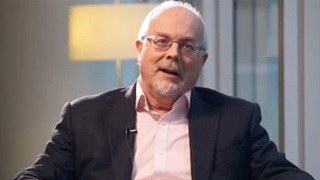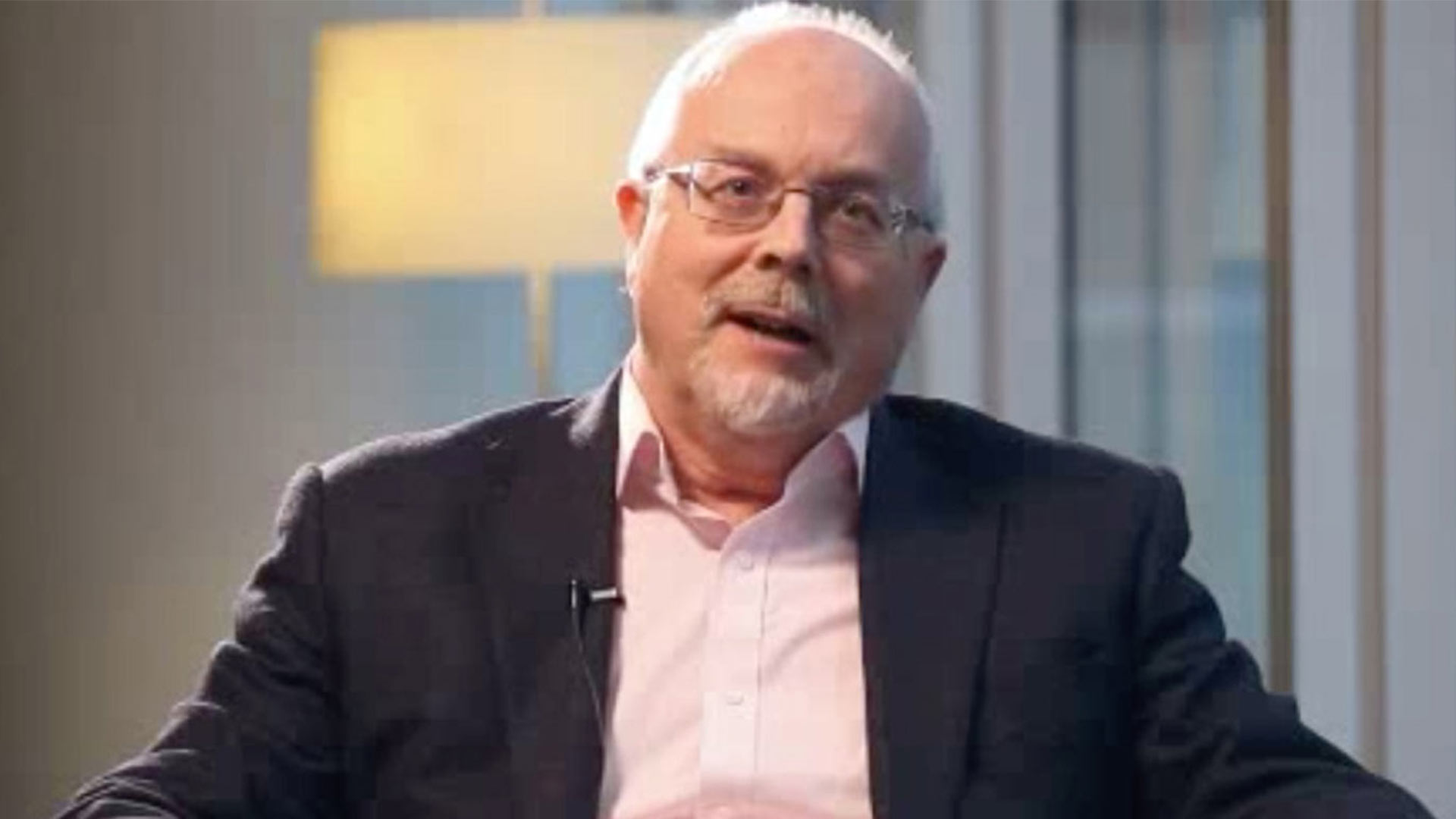
Calnan on jurisprudence
Sir George Jessel | Issue 15 | 2019 | the best judges can help to mould the law—and to clarify and simplify it


In 2009, the highest court in the United Kingdom ceased to be the House of Lords and became the Supreme Court. Although its location had changed, the identity of its judges had not, and the expectation was that the change of name would have little effect in practice. Nine years on, this is less clear. Supreme means supreme.
This reflection is prompted by R (on the application of UNISON) v Lord Chancellor in 2017. In 2011, the Government decided that fees should be charged to those using employment tribunals in order to transfer some of the cost burden from taxpayers to users. It decided to do this by using the power contained in the Tribunals, Courts and Enforcement Act 2007, which enabled the Lord Chancellor to prescribe fees for certain tribunals. In 2013, a draft Order was therefore laid before Parliament, which was then debated and approved by both Houses.
The result was a dramatic fall in the number of claims brought in employment tribunals, and that led UNISON to challenge the validity of the Order. The claim was rejected by the Divisional Court and then by the Court of Appeal; but it was accepted by the Supreme Court, which declared the Order to be unlawful.
What is of particular interest in the judgment is the very broad nature of the arguments used by the Supreme Court to justify its conclusion. Courts exist in order to ensure that laws are applied and enforced. In order for the courts to perform that role, people must have unimpeded access to them. Access to the courts is not of value only to the particular individuals involved, but to society as a whole.
That is all no doubt correct, although one cannot help but think there is at least an element of hyperbole in its expression. It is not a self-evident truth that the service provided by the courts is more important than that provided by, say, the National Health Service.
The Court went back to the Magna Carta to justify the conclusion that we all have a constitutional right of unimpeded access to the courts. Although charging fees does not prevent proceedings being brought, it does constitute a serious hindrance to doing so. Legislation can only impede access to the courts if it is very clearly expressed to do so. The Act under which the Order was made did not contain words which specifically authorised the prevention of access to tribunals. The Order was therefore unlawful because there was a real risk that persons would effectively be prevented from having access to justice.
This is a difficult argument to accept. Parliament had passed legislation authorising the Lord Chancellor to set fees. The fees set by the Lord Chancellor were then approved by Parliament. But they were nevertheless unlawful because the legislation under which the Order was made did not expressly authorise the prevention of access to tribunals. This sounds very much like judges wanting to have the last say on an issue which is essentially political.
The justification was that the fees have to be set at a level that everyone can afford. But what that level should be must surely be determined by democratically elected Members of Parliament, rather than by a small group of unelected judges.
Who judges the judges?
RC is a partner with Norton Rose Fulbright in the UK, Visiting Professor at UCL and an author with Oxford University Press.
© Norton Rose Fulbright US LLP 2025